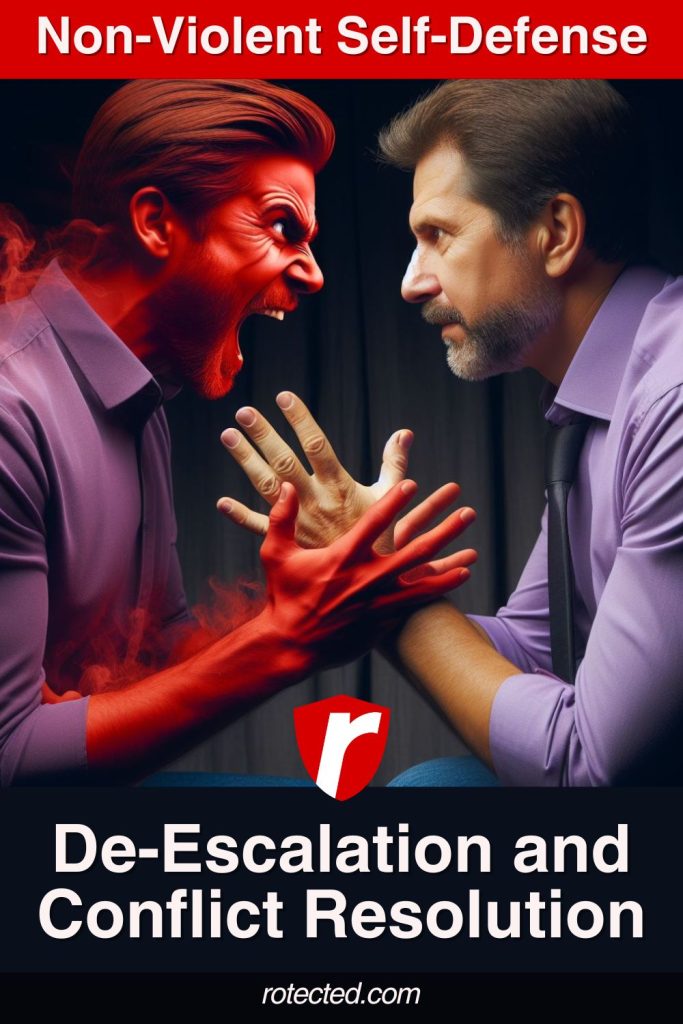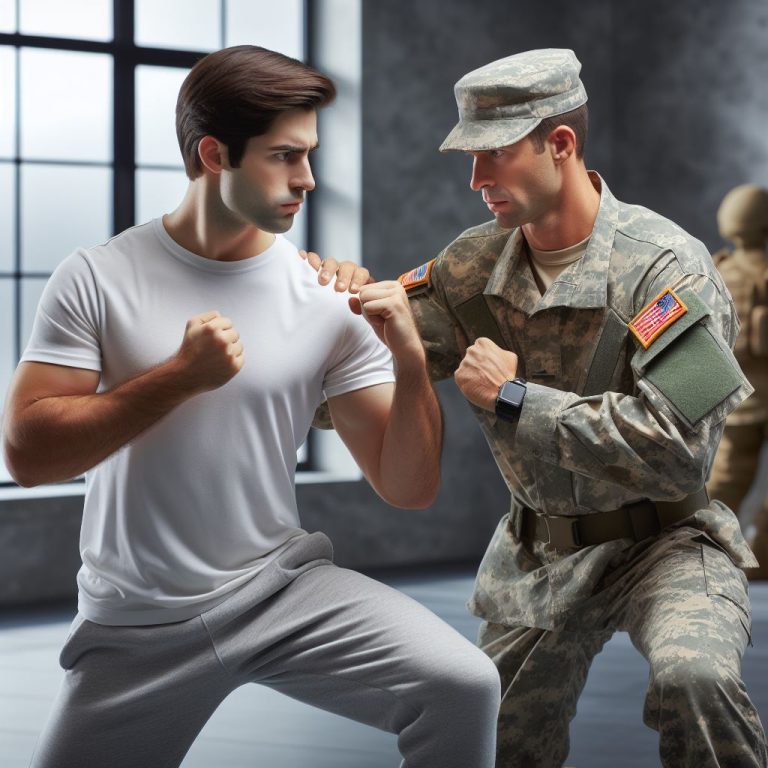In a world filled with diverse opinions and perspectives, conflicts are inevitable. However, the key to personal safety doesn’t always lie in physical strength or combat skills. Non-violent self-defense, focusing on de-escalation and conflict resolution, offers a powerful alternative. In this article, we’ll explore the principles and practices of non-violent self-defense that empower individuals to defuse potentially harmful situations without resorting to physical force.
Understanding Non-Violent Self-Defense
Non-violent self-defense is a holistic approach to personal safety that prioritizes peaceful resolution over physical confrontation. The foundation of this philosophy lies in cultivating awareness, empathy, and effective communication skills. By mastering these principles, individuals can navigate conflict-laden situations with poise and confidence.
Mindful Awareness
The first step in non-violent self-defense is cultivating mindful awareness. This involves being present in the moment, assessing your surroundings, and recognizing potential signs of conflict. By staying mindful, individuals can identify triggers and early warning signs, enabling them to respond thoughtfully rather than react impulsively.
Effective Communication
Communication is a powerful tool in non-violent self-defense. Developing strong communication skills allows individuals to express their thoughts and feelings assertively, reducing the likelihood of misunderstandings escalating into conflicts. Active listening, empathy, and choosing words carefully are essential components of effective communication.
De-Escalation Techniques
De-escalation involves intentionally reducing tension and diffusing confrontational situations. Techniques such as maintaining calm body language, using a calm and steady tone of voice, and acknowledging the concerns of others can be remarkably effective in preventing conflicts from escalating.
Empathy in Conflict Resolution
Empathy is a cornerstone of non-violent conflict resolution. Striving to understand the perspectives and emotions of others creates a foundation for mutual respect. By acknowledging and validating the feelings of those involved, individuals can contribute to a more collaborative and peaceful resolution.
Strategic Retreat
Sometimes, the most effective way to ensure personal safety is to strategically retreat from a potentially dangerous situation. Non-violent self-defense acknowledges that avoidance can be a powerful tool, allowing individuals to remove themselves from harm’s way without resorting to physical confrontation.
Mind-Body Connection
Understanding the mind-body connection is crucial in non-violent self-defense. Techniques such as controlled breathing and mindfulness practices can help individuals maintain composure in stressful situations, preventing the escalation of conflicts due to heightened emotions.
Conflict Resolution Training
Seeking formal training in conflict resolution equips individuals with specific skills and strategies for handling disputes peacefully. Workshops and courses provide practical scenarios and guidance, empowering individuals to confidently navigate conflicts in various aspects of life.
Legal Awareness
In non-violent self-defense, being aware of legal implications is paramount. Understanding self-defense laws and knowing when to involve law enforcement can prevent individuals from inadvertently violating the law while attempting to protect themselves.
Community Building
Creating a supportive community fosters an environment where conflicts are less likely to escalate. Non-violent self-defense extends beyond individual actions to include community-building efforts that promote understanding, cooperation, and shared values.
Educational Outreach
Educational outreach initiatives can play a vital role in promoting non-violent self-defense within communities. Workshops, seminars, and awareness campaigns can empower individuals with the knowledge and skills needed to de-escalate conflicts and build more harmonious environments.

Final Thoughts
In conclusion, non-violent self-defense is a proactive and empowering approach to personal safety. By prioritizing mindful awareness, effective communication, and conflict resolution techniques, individuals can navigate the complexities of interpersonal interactions with grace and dignity.
In embracing these principles, we contribute not only to our personal well-being but also to the creation of a society where conflicts are resolved through understanding and collaboration rather than violence.




